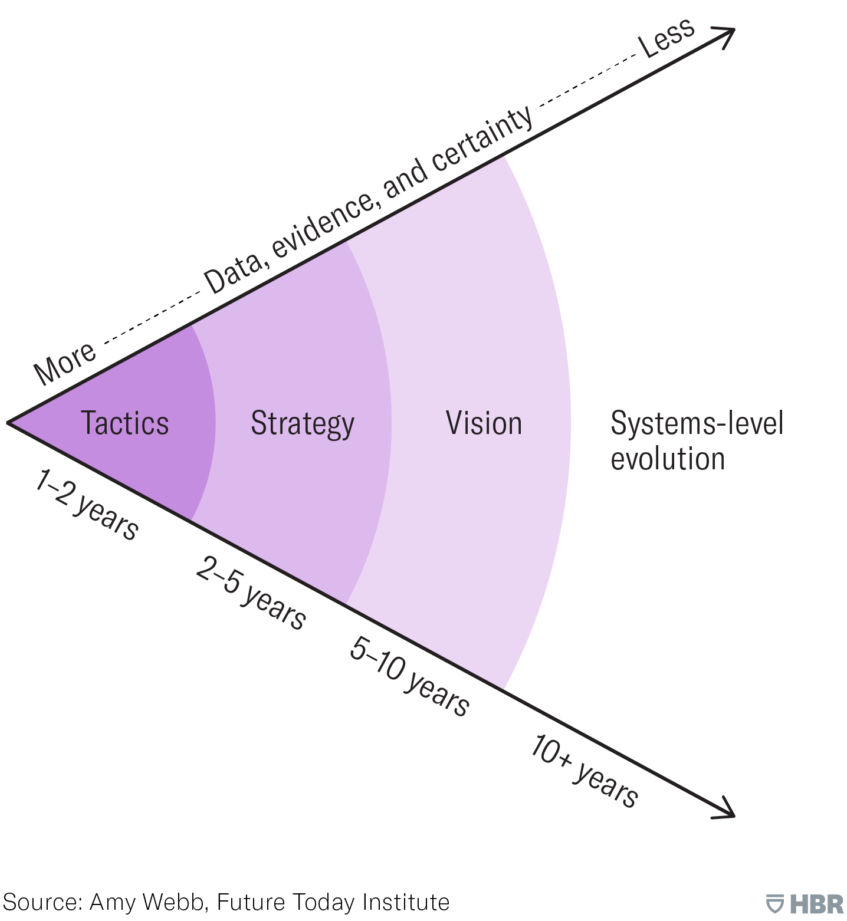From currency fluctuations and unpredictable world events to climate change and quarantines, you operate your business in uncertain times. Fortunately, entrepreneurs often thrive in the face of uncertainty. A recent RBC small business poll found that owners polled remain confident with 9 out of 10 saying they can bounce back and 82% expect their business to ride out the pandemic.
As you tap into your resiliency reserves try these three research-backed strategies for dealing with uncertainty in business, to help you safeguard your business from whatever the future throws at you:
1. Focus on what you can control
Figuring out where to focus your attention during a crisis isn’t easy, but Deloitte suggests that, besides cost-cutting measures, the secret to weathering an economic downturn is investing in human experiences.
Employees. By strengthening your relationships with your employees, you can protect your greatest asset: your human capital. “Companies don’t have much control over the broad demographic trends that make it difficult to attract and retain talent,” writes Moritz, Chairman of the PwC Network, in the firm’s 23rd Annual Global CEO Survey. “But they can,” for example, “take action to upskill their employees.”
In times like these, nurturing your employees as your number one valued asset can pay back in dividends. Take time to check in on staff, develop a flexible and empathic working environment will support employees’ well-being and contribute to increased productivity.
Customers. By strengthening your relationships with your customers, you can reduce costs and maintain steady cash flow. After all, it’s difficult (and costly) to acquire new customers during an economic downturn. Your best bet will always be to keep your current customers happy.
Suppliers. Finally, by strengthening your relationships with your suppliers, you can keep your supply chain intact and help prevent business disruptions.
2. Plan like a futurist
By planning ahead, you may help prevent business disruptions, poor customer experiences, and negative financial outcomes. But how you do so may impact your success.
Quantitative futurist Amy Webb, a professor of strategic foresight at NYU’s Stern School of Business, recommends ditching linear timelines when planning. Cones are far better tools for strategic planning, she argues, as they illustrate how your long-term vision for your company can remain broad, while you iterate in the shorter-term on more specific strategies and tactics based on PESTLE trends affecting your business.
 Image: The Future Today Institute
Image: The Future Today Institute
For example, when the pandemic closed hair salons and retail stores, AG Hair was able to change tactics to produce and distribute hand sanitizer in six weeks, largely by using their existing supply chain.
3. Find ways to lean into uncertainty
Business opportunities can arise from uncertainty. One of your jobs as a business owner is to recognize and act on opportunities to secure your company’s future, and one way to do that is to plan ahead for next time.
Cleaning up your balance sheets and cash flow may help you the next time economists are forecasting more uncertainty. According to research from McKinsey & Company, after the 2007 recession, companies that created “a safety buffer” and reduced debt early on were in a better position when the economy improved.
If your competitors fail to plan for a recession, they may be forced to cut down on marketing and public relations initiatives to conserve resources. By setting your business up for success in both lean and booming times, you will be better able to continue your marketing spend when others are not; allowing you to get more exposure for your business and help gain market share, likely while paying less.
By making smart investments, you can protect your business from future turmoil. However, keep in mind that you’ll only be in a position to invest if you plan ahead.
“Companies can act on opportunities only if they have the organizational agility … to execute rather than simply react,” confirms Moritz.
Plan ahead for peace of mind
As an entrepreneur, you’re in the driver’s seat. If you plan ahead, focus on what you can control, and capitalize on opportunities that arise during uncertain times, you may help your business survive and even thrive.
This article is intended as general information only and is not to be relied upon as constituting legal, financial or other professional advice. A professional advisor should be consulted regarding your specific situation. Information presented is believed to be factual and up-to-date but we do not guarantee its accuracy and it should not be regarded as a complete analysis of the subjects discussed. All expressions of opinion reflect the judgment of the authors as of the date of publication and are subject to change. No endorsement of any third parties or their advice, opinions, information, products or services is expressly given or implied by Royal Bank of Canada or any of its affiliates.



















